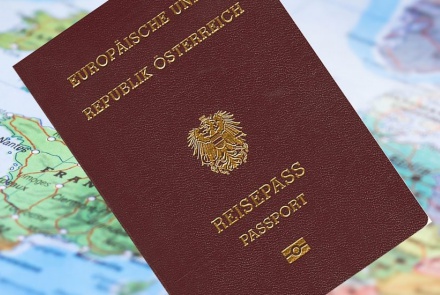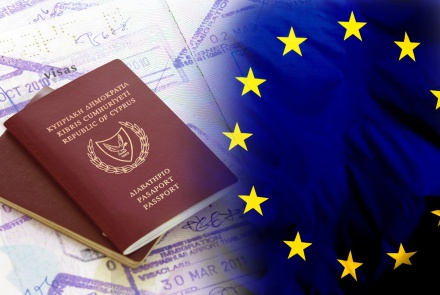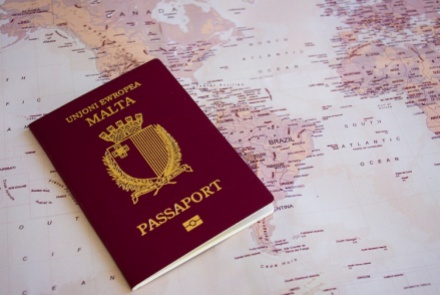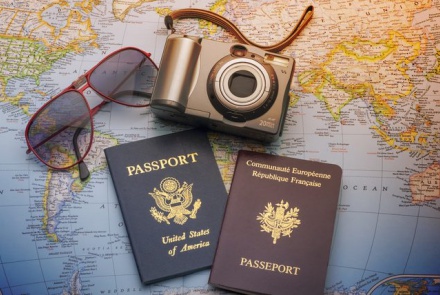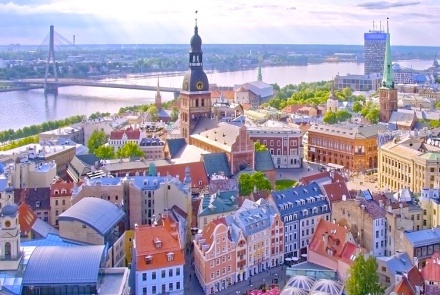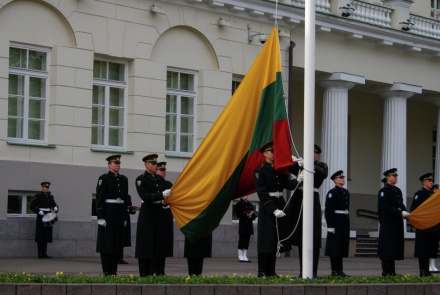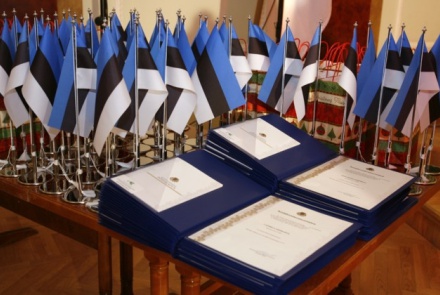Lithuania (restoration of citizenship)
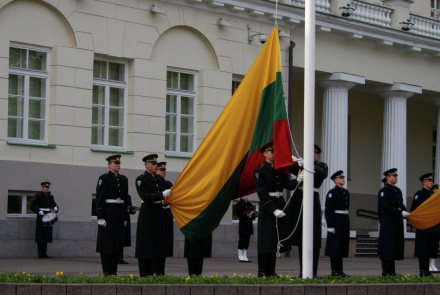
Persons who held citizenship of the Republic of Lithuania before June 15, 1940, and their descendants who wasn't Citizenship of Lithuania before the enactment of the Law on Citizenship, have a perpetual right to restore citizenship of the Republic of Lithuania, regardless of where persons live permanently (in the Republic of Lithuania or another state) - they live permanently.
Persons who held citizenship of the Republic of Lithuania before June 15, 1940, and their descendants can restore the citizenship of the Republic of Lithuania if they are not citizens of another state. The requirement to renounce the citizenship of another state does not apply to persons who, in accordance with paragraph 2, 3 or 4 of Article 7 of the Citizenship Act, may simultaneously consist of citizenship of the Republic of Lithuania and another state, ie:
is a person expelled from the occupied Republic of Lithuania before March 11, 1990 (2 clause of Section 7 of the Citizenship Act);
is a person who left Lithuania before March 11, 1990 (3 clause of Article 7 of the Law on Citizenship);
who is a descendant of a person who was expelled from occupied Lithuania before March 11, 1990, or a person who left Lithuania before March 11, 1990 (paragraph 4 of article 7 of the Law on Citizenship).
Restoration of citizenship of the Republic of Lithuania is not carried out in the event that the circumstances specified in paragraph 1 or 2 of Article 22 of the Law on Citizenship, i.e. if a:
a person trained, attempted to commit or committed international crimes - such as aggression, genocide, crimes against humanity, war crimes;
the person trained, attempted or committed criminal acts against the Republic of Lithuania.
A descendant of a citizen of the Republic of Lithuania is a child, grandson or great-grandson of a person who held citizenship of the Republic of Lithuania before June 15, 1940.
Restoration of citizenship of the Republic of Lithuania is allowed only once.

